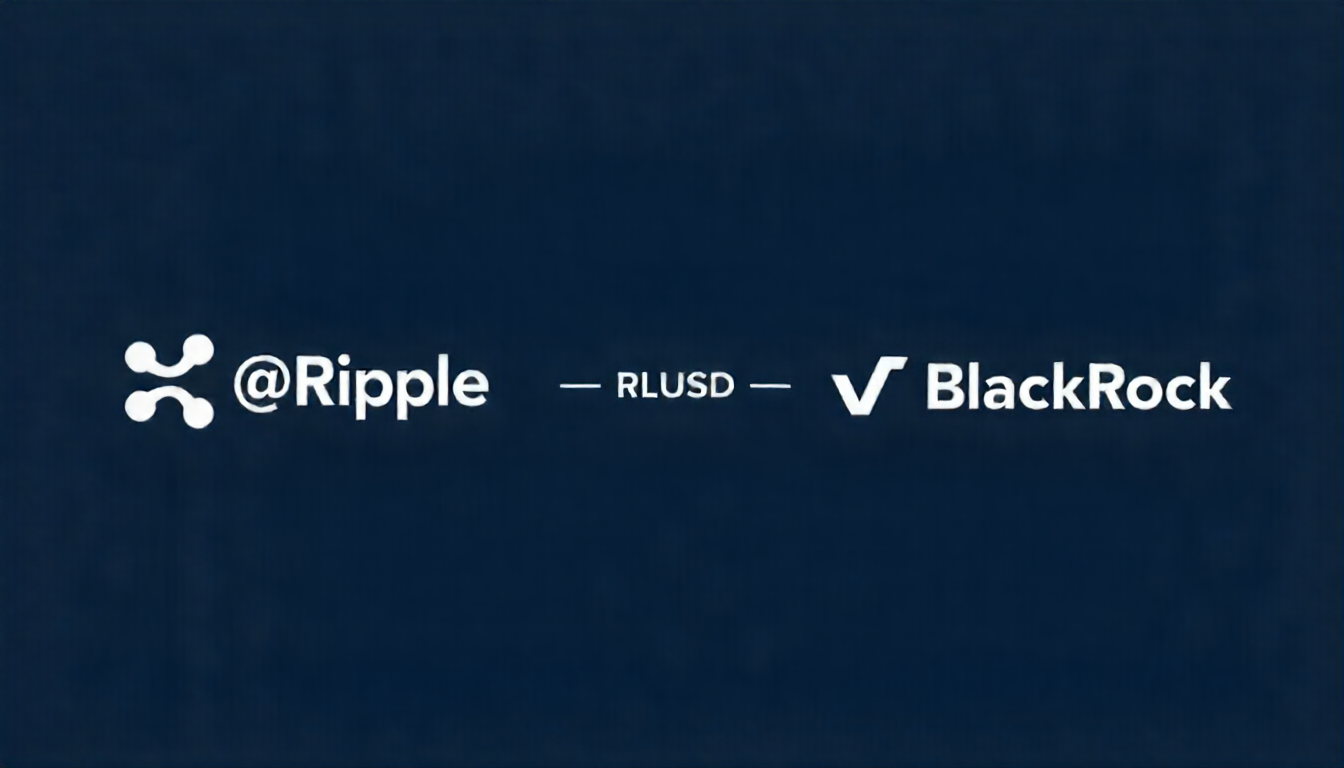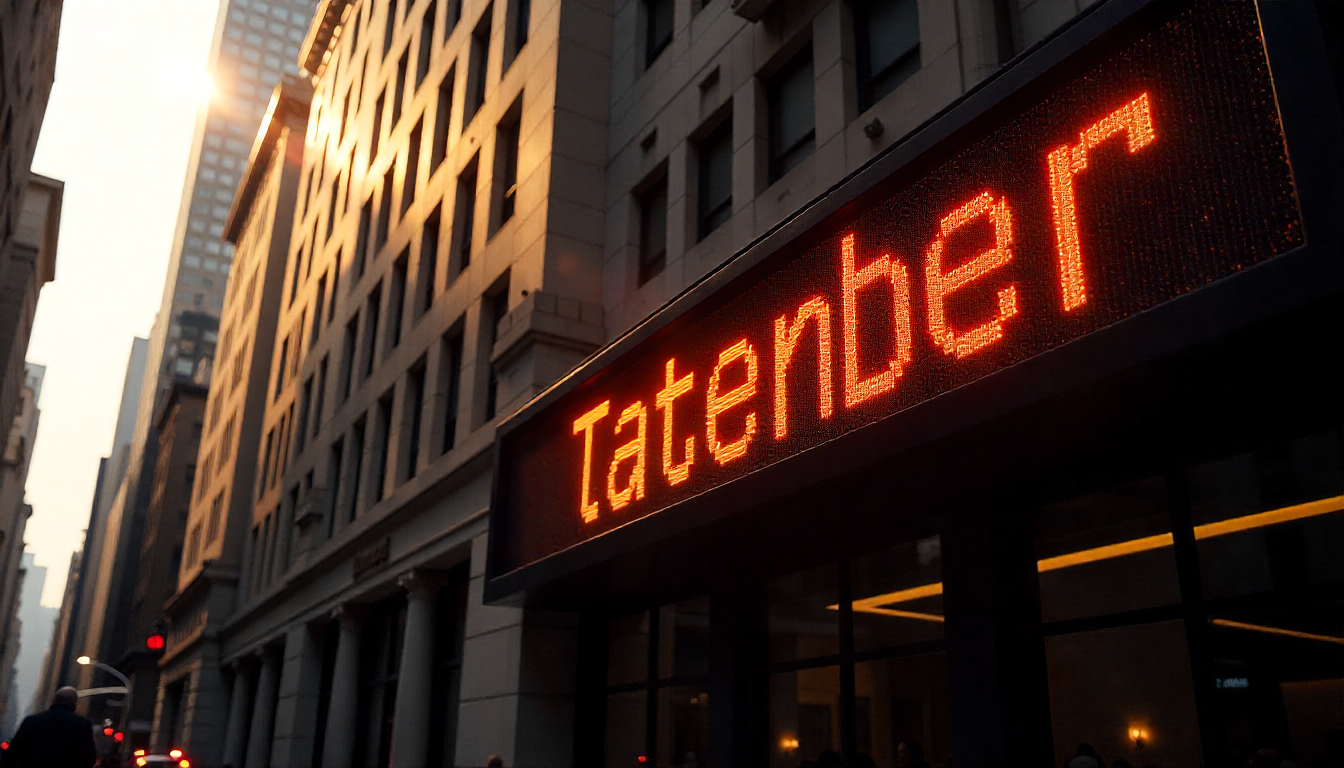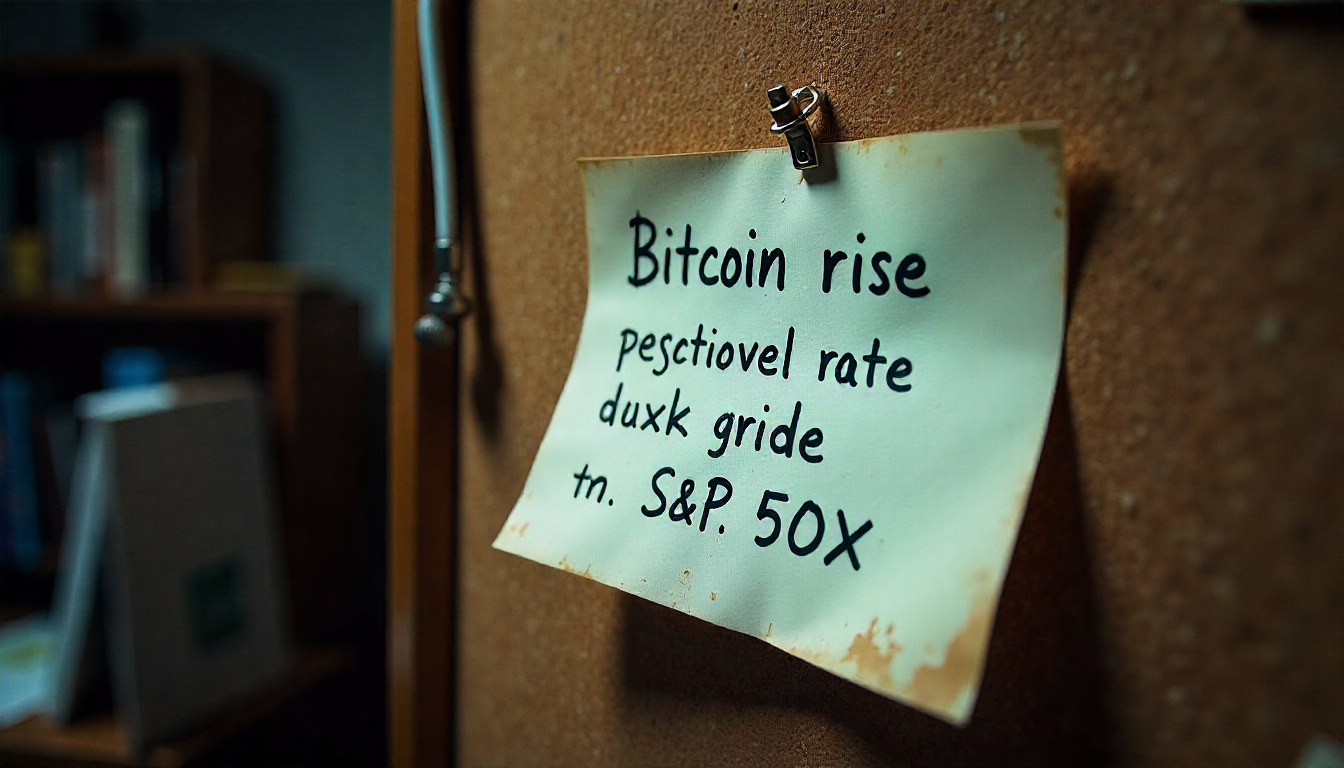Bitcoin Traders Use Stablecoin-Backed Put Selling to Express Long-Term Bullishness
A growing number of bitcoin (BTC) traders are employing a cash-secured put-selling strategy using stablecoins, signaling a mature and optimistic view on the asset’s long-term trajectory, according to Lin Chen, Asia Business Development Head at Deribit.
The tactic is similar to selling insurance—traders write put options and collect a premium, betting that BTC won’t fall below the option’s strike price. If it does, they’re ready to buy the asset using stablecoins they’ve set aside. It’s a conservative, income-generating approach that also positions them to accumulate BTC at lower prices.
“There’s been a noticeable uptick in cash-secured put selling with stablecoins,” Chen told CoinDesk. “It reflects a more disciplined, longer-term strategy and ongoing bullish sentiment toward bitcoin.”
Some BTC holders are also writing higher-strike call options to capture additional yield. This dual strategy of selling puts and calls is currently affecting Deribit’s DVOL index—a measure of 30-day implied BTC volatility—which has fallen from 63 to 48 since bitcoin’s sharp drop to $75,000 on April 7, per TradingView data.
“We’re seeing that long-term bullish sentiment persists, especially among crypto-native holders who are comfortable riding out market cycles,” Chen added.
Bitcoin has since rebounded to over $92,000, fueled by renewed institutional interest and demand for safe-haven assets. This rally has led to a shift in sentiment in the options market, with traders now favoring calls across various expiries.
Data from Amberdata shows strong demand for out-of-the-money calls at $95K, $100K, and even $135K strike prices on Paradigm, an over-the-counter trading platform. The $100,000 strike has become the most popular play on Deribit, with more than $1.6 billion in notional open interest.
Tracking the Options Market: $9B in Cumulative Delta
The growing influence of the options market is reflected in a striking $9 billion cumulative delta across BTC options on Deribit and those tied to U.S.-listed spot bitcoin ETFs like BlackRock’s IBIT, per data from Volmex.
Delta measures how sensitive an option is to movements in the underlying asset—in this case, BTC. A $9 billion delta means options pricing is highly responsive to BTC price shifts, potentially increasing volatility.
As of Wednesday, the total notional value of outstanding BTC-related options stood at $43 billion. Such scale forces market makers—tasked with maintaining liquidity—to engage in aggressive hedging to remain neutral, which can, in turn, amplify price movements.
“Option deltas have hit record highs as open interest expands and strike positioning evolves,” Volmex said in a post on X. “Market makers are actively hedging this exposure, driven by an influx of new positions and major shifts in strike preferences.”
Interestingly, Volmex notes that traders on Deribit appear more bullish than those trading ETF-linked options like IBIT, highlighting a divergence in sentiment between crypto-native and traditional finance participants.












